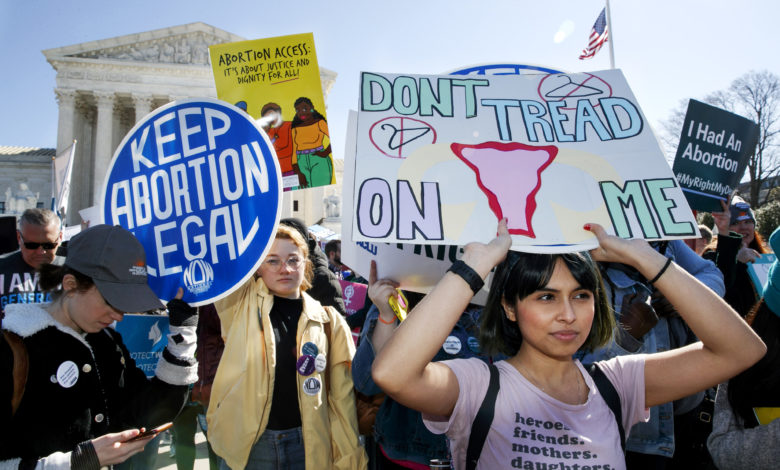10 Pro-Choice Arguments Everyone Should Know



According to the latest poll of Gallup, a global analytics and advice firm, approximately 55% of Americans consider themselves “Pro-Choice”. But what does “Pro-Choice” really mean?
The term “pro-choice” generally refers to the belief that a woman should have the right to choose whether or not to continue with a pregnancy, while the opposing view is referred to as “pro-life”. This debate has been going on for centuries, with no end in sight.
There are many different arguments for both sides of this debate, but here are 10 common pro-choice arguments that you can use to help further the conversation and protect a woman’s right to choose.
- A woman’s body is her own.
A woman has the right to do what she wants with her own body, and that includes making decisions about her reproductive health. The government should not be able to tell a woman what she can and cannot do with her body.
- Abortion is a medical procedure.
Abortion is a medical procedure that should be between a woman and her doctor, without government interference. It is a personal decision that should not be legislated. Whether or not to have an abortion is a complicated decision, and it should be made by the woman, with the input of her medical team.
- A fetus is not a person.
A fetus is not a person and does not have the same rights as a person. A woman has the right to choose what happens to her own body, and that includes the decision to terminate a pregnancy. This only becomes an issue when the fetus is viable, which is typically around 24 weeks.
- Abortion is safer than childbirth.
Abortion is one of the safest medical procedures, and it is actually safer than childbirth. In a Reuters article, it was mentioned that the risk of death associated with childbirth is 14 times higher than the risk of death associated with abortion.
- Abortion is not murder.
Abortion is not murder, and it is not equivalent to taking a life. A fetus is not a person, and a woman has the right to choose what happens to her own body. When a woman has an abortion, she is not taking a life, she is simply terminating a pregnancy.
- A woman should have the right to choose when and if she becomes a parent.
A woman should have the right to choose when and if she becomes a parent. Parenthood is a big responsibility, and it is not something that should be forced on someone. A woman should be able to decide whether or not she is ready to be a parent, and she should have the right to choose when the time is right for her.
- Abortion is a necessary evil.
While abortion may not be ideal, it is sometimes necessary. There are cases where continuing a pregnancy would be more harmful to the woman than terminating it. In these cases, abortion is the best option for the woman, and it should be available to her.
- Unsafe abortions are a leading cause of death for women.
Unsafe abortions are a leading cause of death for women, especially in developing countries. According to the World Health Organization (WHO), unsafe abortions account for 13% of maternal deaths worldwide. This is a preventable cause of death, and it can be avoided by making abortion safe and legal.
- Legalizing abortion reduces the number of abortions.
When abortion is illegal, it does not stop women from having abortions, it simply makes them unsafe. When abortion is legal and accessible, the number of abortions goes down. This is because women are able to access safe and legal abortion clinics in Ohio or elsewhere when they need them.
- Abortion should be safe, legal, and rare.
While abortion is a controversial topic, there is general agreement that it should be safe, legal, and rare. Making abortion illegal does not stop abortions from happening, it just makes them dangerous. It is important to make sure that women have access to safe and legal abortion services when they need them.
These are just some of the reasons why abortion should be legal. Everyone is entitled to their own opinion on the matter, but it is important to be informed about the issue. The more we know, the better we can make decisions about what is best for ourselves and our families.



